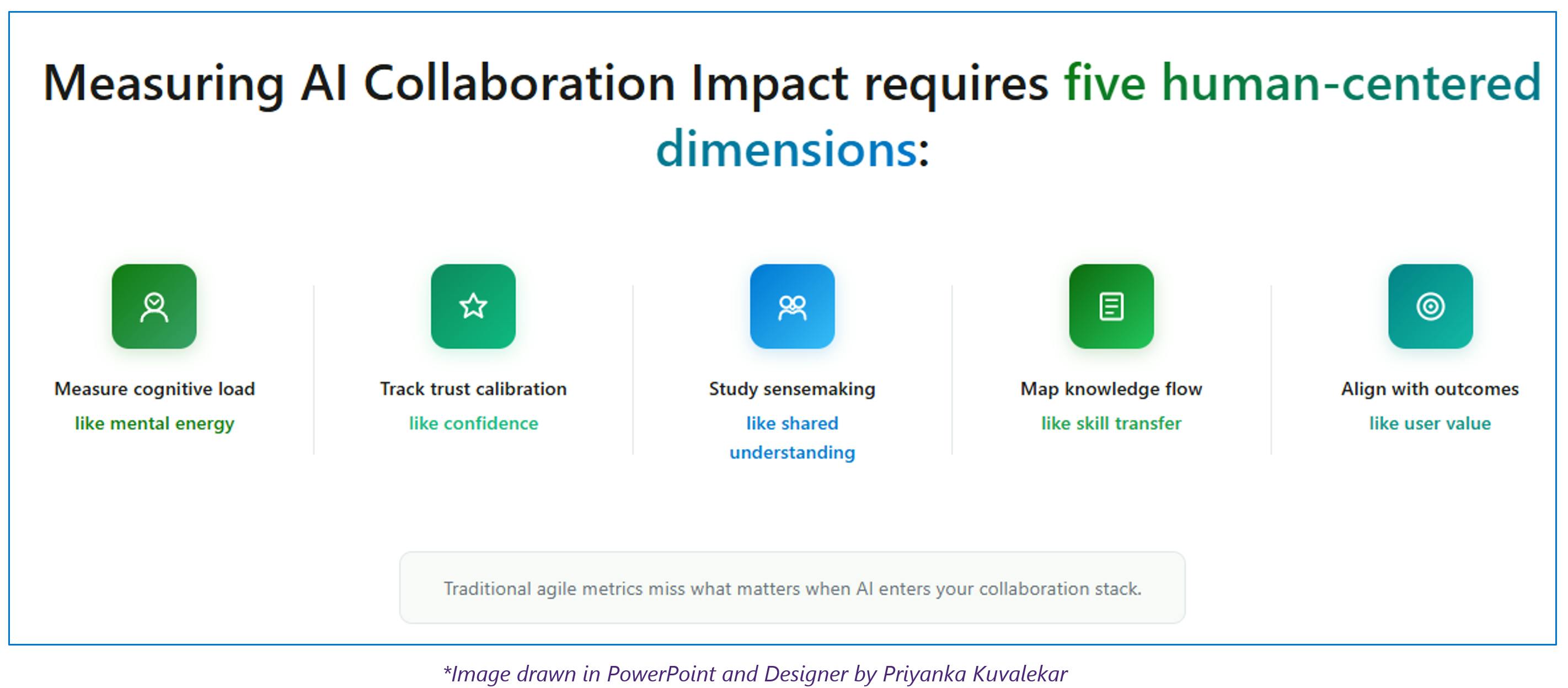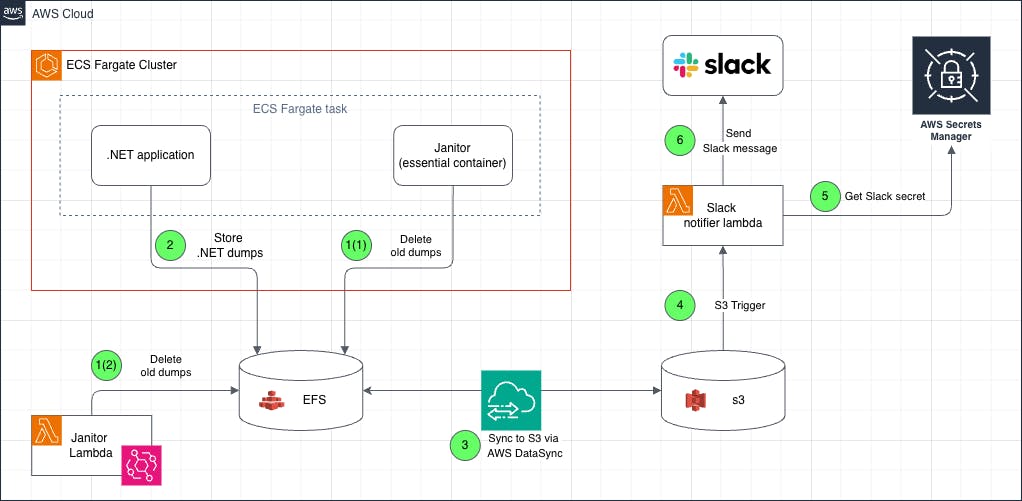Seattle startup Pulumi is making a big bet as it looks to bring the AI coding revolution to cloud infrastructure.
The company on Tuesday debuted Neo, a new AI agent that automates cloud infrastructure tasks at enterprise scale.
Pulumi CEO Joe Duffy said he pulled a third of his 130-person workforce to build Neo, which he described as “an extension of your team,” capable of handling infrastructure provisioning, security, and compliance work that can traditionally take days or weeks.
Neo builds on Pulumi’s infrastructure-as-code (IaC) foundation and uses large language models — primarily Claude — combined with enterprise guardrails. It integrates with AI developer tools such as Devin, Cursor, Windsurf, and VS Code via Pulumi’s Model Context Protocol server, and lets users adjust its autonomy from human-approved steps to fully automated workflows.

AI has transformed application development, letting developers spin up apps and websites in seconds. Pulumi is betting the same pattern will emerge for complex back-end cloud infrastructure — and it’s launching Neo at a time when platform teams are struggling to keep up as developers write more code than ever.
“While developer teams race to adopt AI, platform teams are drowning in managing the infrastructure demands, and a volume/velocity crisis develops,” said Sheila Gulati, managing director at Tola Capital, a Pulumi investor. “Infrastructure provisioning is still manual because of compliance priorities internally. This creates a compounding bottleneck.”
Automating platform engineering tasks will help companies continue making AI investments and avoid being throttled by infrastructure capacity, security, and resilience needs, Gulati said.
Duffy said customer reception has been “mind-blowing.”
“Neo is going to help them keep up and spend more time on strategic tasks, rather than firefighting all the time,” he said.
Early customers are using Neo to remediate thousands of compliance violations or upgrade dozens of Kubernetes clusters with zero downtime. Pulumi says beta users have delivered 10 times more infrastructure, deployed 75% faster, and cut policy violations by 90%.
The company built Neo in partnership with AWS, using the cloud giant’s new Bedrock Agent Core service.
Duffy said he expects major competition if Neo gains traction, but he believes Pulumi’s IaC foundation gives it a moat.
Founded in 2017, Pulumi now counts more than 3,700 customers including Nvidia and BMW, with more than one million downloads per week of its IaC tool. The company has raised $99 million to date, including a $41 million round in 2023, and is generating revenue in the tens of millions.
The startup recently moved into a new office at Two Union Square in downtown Seattle and opened a subsidiary in Europe as it expands globally.










